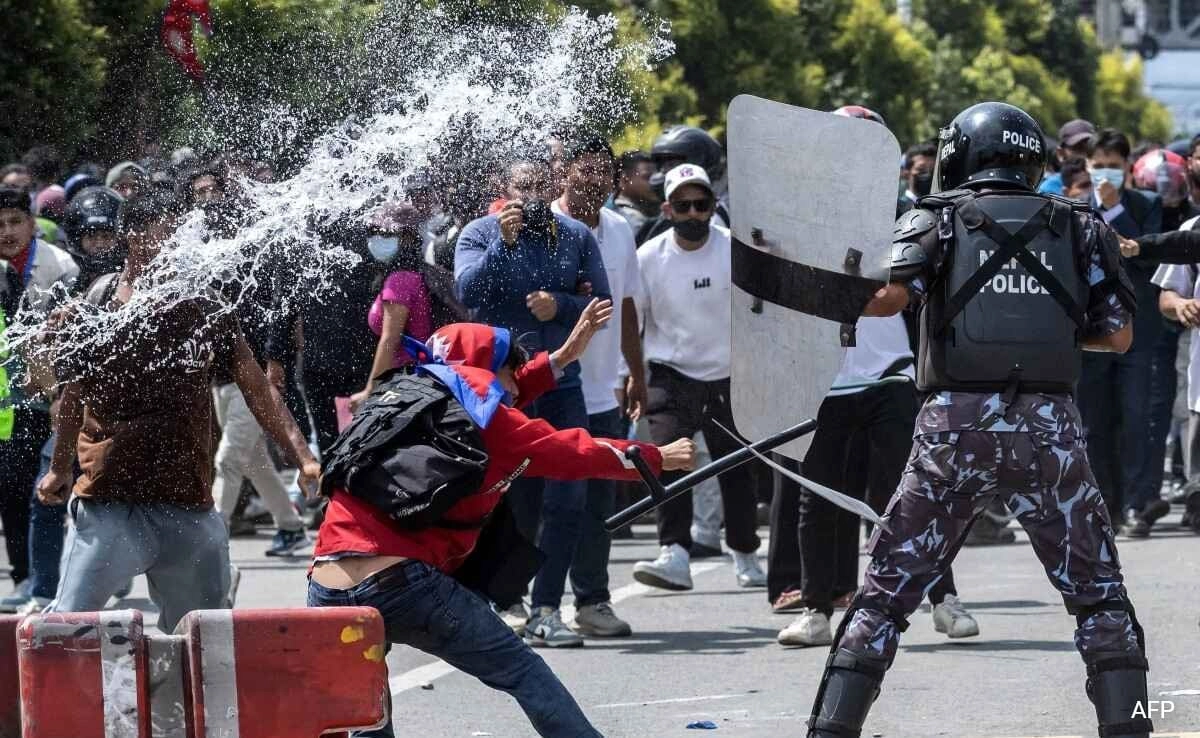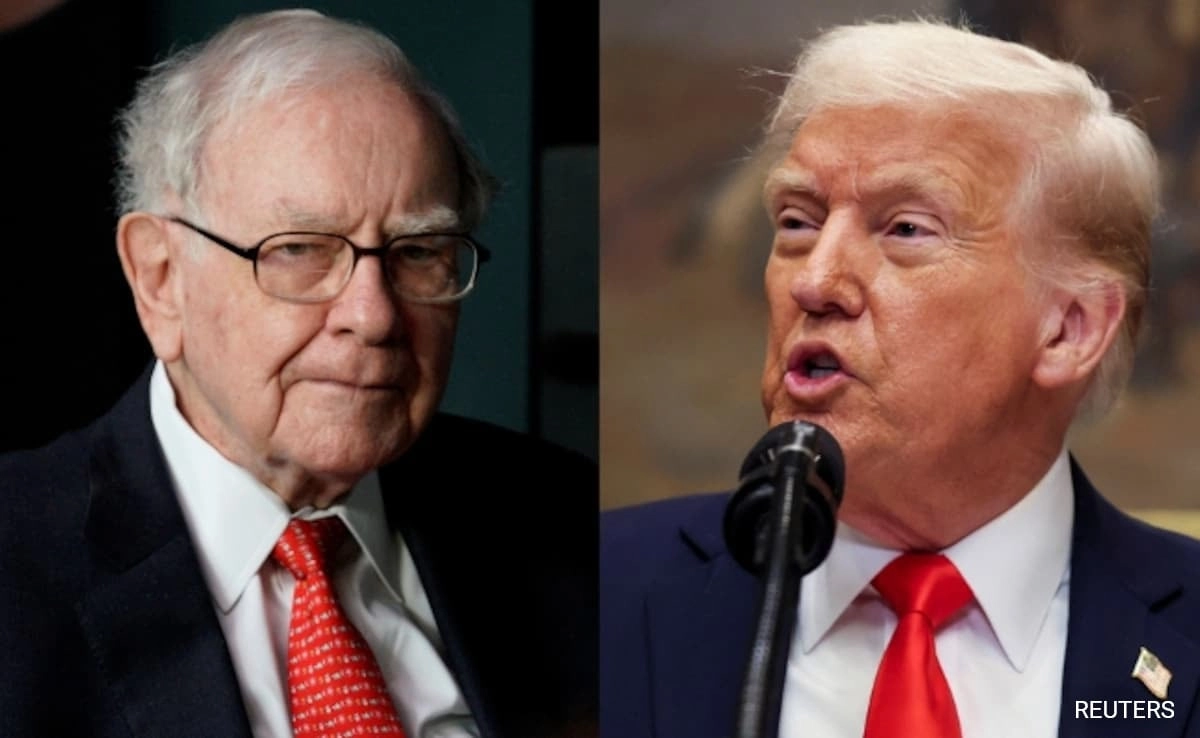In a significant political shift in Nepal, several ministers have resigned from their positions amid escalating protests that are challenging the government’s legitimacy and effectiveness. The protests, which have drawn large crowds demanding accountability and reform, signal widespread dissatisfaction with the current administration. As public sentiment continues to swell against the government, these resignations reflect a growing realization among some leaders that they can no longer maintain their positions while the populace expresses such discontent.
The ministers who stepped down cited their inability to align with a government facing mounting criticism and unrest among the citizens. Their departures highlight a deepening crisis within the ruling coalition, as internal divisions become apparent. The protests have focused on various issues, including corruption, economic mismanagement, and a perceived lack of responsiveness to the needs of the people. This turmoil raises questions about the future stability of the government and its capacity to implement necessary reforms that could address the citizens’ grievances.
The situation in Nepal is further complicated by the involvement of various political factions and civil society groups that are demanding change. These protests are not just a response to specific policies but reflect a broader desire for a more accountable and transparent governance structure. As the resignation of these ministers indicates, there is a growing recognition that the current political framework may not be sustainable if it continues to ignore the voices of the people. The next steps for the government will be crucial in determining whether it can regain public trust or if further instability lies ahead.
With the resignation of these ministers, the political landscape in Nepal is poised for potential shifts, as new leadership may emerge in response to the ongoing demands for reform. The challenges facing the government are substantial, and it will need to navigate both internal conflicts and external pressures to restore faith among its citizens. The coming weeks will be critical as the government seeks to respond to the protests and address the issues that have sparked such widespread unrest.




